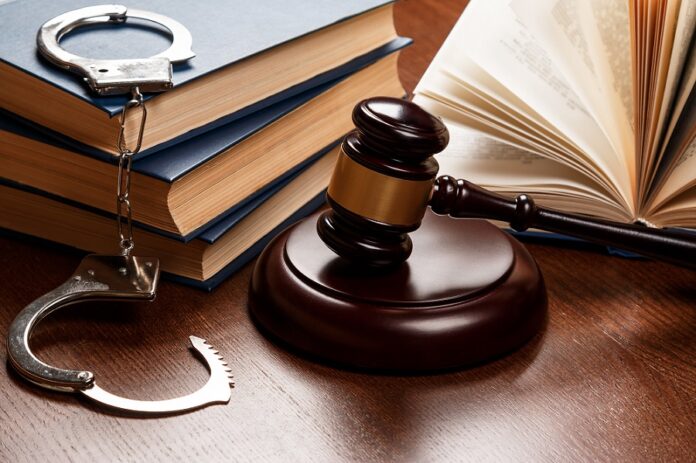When a person is charged with a crime, securing competent legal representation is crucial. A defense lawyer plays a vital role in advocating for the defendant, protecting their rights, and providing the best defense against the charges. However, a key question arises: who should appoint the defense lawyer? Should it be the defendant themselves, the court, or someone else?
The appointment of a defense lawyer depends on factors like the defendant’s finances, charge severity, and decision-making ability. Understanding who appoints the lawyer ensures fair and competent legal representation.
Who Has the Ultimate Right to Choose Legal Counsel?
The defendant has the right to choose their own defense lawyer. This means that, in most circumstances, the individual facing criminal charges has the authority to hire the lawyer of their choice, provided they can afford the associated fees.
Private attorneys are often preferred by defendants who can afford them, as they offer several advantages. First, private attorneys typically have more flexibility in terms of the time and resources they can devote to a case. This is crucial in criminal cases, which can involve complex legal arguments, evidence review, and strategy development. A private lawyer may be able to hire expert witnesses, conduct thorough investigations. And give more personalized attention to the case than a public defender might be able to.
Moreover, a defendant may have personal preferences or specific needs when choosing a lawyer. For instance, if someone is facing charges for a particular type of crime—such as white-collar crime, drug offenses, or violent crimes. They may wish to hire a lawyer with experience in that particular area. The ability to handpick an attorney based on specialization can be an advantage in building a strong defense.
However, not every defendant is in a position to hire a private lawyer. This is where the role of the court and public defenders comes into play.
2.The Role of the Court in Appointing Counsel for Indigent Defendants
In situations where the defendant cannot afford to hire a private attorney, the court is responsible for appointing legal representation. This ensures that the defendant’s constitutional right to legal counsel is upheld, regardless of their financial status.
The process of appointing a public defender generally begins when the defendant requests a court-appointed attorney. In some cases, the court will assess the defendant’s financial situation through a process known as a means test. If the defendant is determined to be indigent, the court will assign a public defender to the case. The judge may also consider the seriousness of the charges and the complexity of the case in determining whether the defendant qualifies for a public defender.
While public defenders are generally skilled and experienced in criminal law, they often face heavy caseloads due to limited resources. This can make it challenging to provide the same level of individualized attention and resources as a private lawyer. However, a public defender ensures the defendant’s rights are protected and they have representation throughout the trial.
When Family Members or Loved Ones Step In
In certain circumstances, family members or loved ones of the defendant may take on the responsibility of appointing a lawyer. This often happens when the defendant is unable to make decisions about their legal defense due to factors such as being incarcerated, mentally incapacitated, or facing physical limitations.
For instance, if a person is detained or arrested and cannot make phone calls or meet with a lawyer on their own, family members may intervene on their behalf. They may research lawyers, consult with potential legal representatives, and ultimately choose an attorney to represent the defendant. This is especially common in cases where the defendant may not have the mental capacity to make decisions or is simply unaware of their legal rights and options.
Family members or friends can seek and appoint a lawyer, but the final decision rests with the defendant. Defendants have the constitutional right to choose their legal counsel, with the family’s role being to assist when necessary. Once a lawyer is appointed, the defendant will need to approve of the choice.
Conclusion
The question of who should appoint the defense lawyer is ultimately determined by a combination of legal rights, financial circumstances, and the defendant’s ability to make decisions regarding their defense.
While most defendants have the right to hire their own attorney, the court plays an important role in ensuring that indigent defendants have access to legal representation through public defenders. In some cases, family members or loved ones may intervene to hire counsel on behalf of the defendant, particularly if they are unable to do so themselves. Regardless of who appoints the lawyer, the essential goal is to ensure that the defendant’s rights are upheld and that they have effective legal representation in their criminal case.



